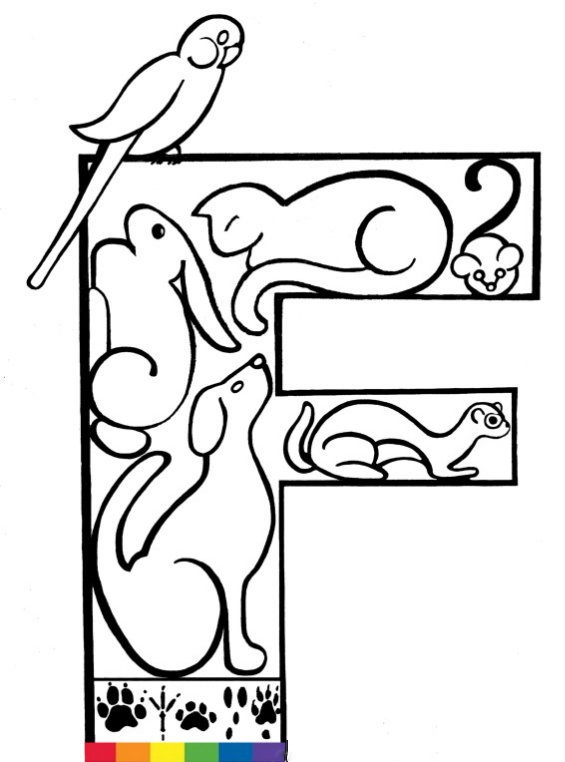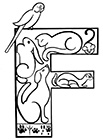Geriatric Cat Care
- Cats are living longer lives than ever before, thanks to improved nutrition, veterinary care and educated owners.
- Aging itself is not a disease – it is simply a stage of life. Increasing age causes a gradual decline in the body’s ability to repair itself, maintain normal body functions and adapt to the stresses and changes in the environment. Older cats, in general, have a more sedentary life style, so weight gain and obesity are common problems.
- With time, cats begin to have a gradual decline in their hearing, sense of smell, vision and taste. Older cats tend to sleep more and have more difficulty being roused. Metabolic and endocrine problems, organ dysfunction and cancer are all seen with increased frequency in the elderly cat.
- Proper care, nutrition, medical attention and a safe, stimulating environment are important factors that can improve a cat’s quality of life and longevity dramatically.
- Cats reach senior status by age 7 or 8 – the perfect time to begin a geriatric health plan so that disorders can be detected early enough to provide medical or surgical intervention.
- A complete geriatric health plan includes these veterinary procedures and tests:
- A complete medical history. Some veterinarians have specific geriatric health history questionnaires that can be filled out by the owner. Any problems or concerns that owners have about their pet should be discussed.
- A complete physical examination. Eyes and ears are examined for signs of infection or allergies. The mouth, gums and teeth are evaluated, with dental disease and gingivitis being common findings. Lymph nodes and the thyroid gland are evaluated for enlargement. The skin and quality of the hair coat are observed. Skin tumors or swellings are noted. A poor hair coat or a lack of grooming may be signs of allergies, parasites, infections or systemic illness.
- The heart and lungs are evaluated with the stethoscope and any abnormalities or murmurs are noted.
- The abdomen is palpated for any masses or organ enlargements. Finally, the general body condition and weight are recorded.
- Complete blood count. In geriatric cats, anemia is common. It may be necessary to determine if the anemia is acute, chronic or related to a cancer.
- Biochemical profile. Information about the liver, kidneys, blood sugar, and electrolytes is obtained through this important test.
- Thyroid testing. Hyperthyroidism is a very common problem in older cats. The most common signs of hyperthyroidism are increased appetite and weight loss.
- Urinalysis. Analysis of the urine can help detect underlying urinary tract infection, kidney problems and diabetes. If necessary, a urine culture may be recommended.
- Fecal examination. Since gastrointestinal parasites may be more debilitating in geriatric animals, a yearly fecal exam is recommended.
- The proper diet is very important in the care of a geriatric cat. There is no “best” food to feed a geriatric cat as the choice depends on the specific problems or nutritional requirements of the particular cat. Consult your veterinarian.

